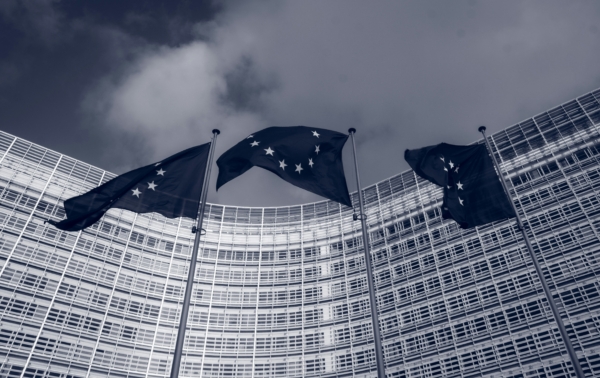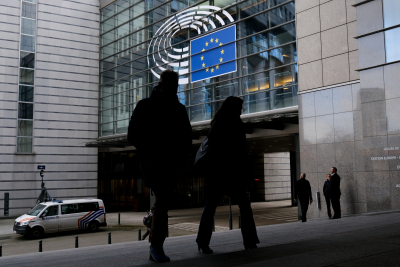Today, Transparency International EU (TI EU) has released a briefing that analyses more than 28,000 lobby meetings that were published by Members of the European Parliament (MEPs) between June 2019 and July 2022. During this period, just over half of MEPs used the Parliament’s publication system. Overall meeting publication is down from 9,700 meetings in the first year looked at, to 9,300 in the last year. TI EU has also found huge disparities in rates of publication between political groups and member states.
Since June 2019 MEPs with a special legislative role (committee chairs, rapporteurs and shadow rapporteurs) have been required to publish their meetings when it relates to the specific files their role pertains to. All other MEPs have been able to publish on a voluntary basis.
The research also highlighted that only a few member states have a large majority of their MEPs who have published a single meeting over three years (the top three being Luxembourg 100% of MEPs, Sweden 95% and Denmark 93%), while some EU members are lagging woefully behind (Latvia 25%, Cyprus 17%, Greece 10%).
This transparency gap is also evident when political groups are analysed. With the Greens/EFA group consistently publishing the most meetings over the three years (111.8 meetings per MEP per year) and the Identity and Democracy Group publishing the fewest (2.5 meetings per MEP per year).
Vitor Teixeira, Senior Policy Officer at Transparency International EU said:
“There are two main issues with lobby transparency in the Parliament. First of all, there is no oversight or enforcement of the rules. The second issue is that there are many other people involved in lobbying who are not covered by any rules, including Accredited Parliamentary Assistants and Political Group Advisors. The European Parliament should want to give the public a clear picture of who is influencing policy decisions. This will increase both institutional integrity and public trust.”
In order to remedy the issues raised by this analysis, and to provide a clearer picture of lobbying, the European Parliament should:
- Start enforcing the rules that are already in place, by introducing effective oversight and imposing sanctions when the rules are breached.
- Publish information on lobby meetings in a user-friendly online repository, in open data format, with links to relevant information from the Transparency Register and the Legislative Observatory.
- Expand the existing publication rules to make sure they also cover lobby meetings with MEP accredited assistants and the policy advisors of political groups.
All data is taken from TI EU’s EU Integrity Watch platform, which is publicly available. The website covers lobby meetings of MEPs, meetings of high-level Commission Officials, MEP side income and lobby group spending in Brussels.
An analysis of meetings by national parties is also available here.
For more detail on the methodology please download this pdf.







